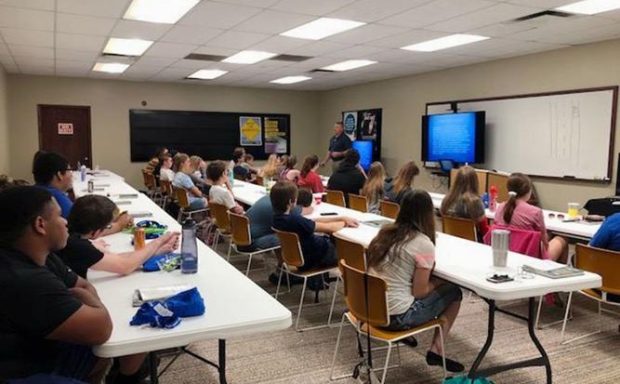Learning to drive and obtaining a driver’s license is an important milestone for many young individuals. It not only offers increased independence but also opens up a world of opportunities. However, the process of learning to drive requires time, effort, and, in some cases, taking time off from other commitments, such as school. If you’re wondering whether you can get time off school for a driver’s test or driver training class (not the permit one), this article aims to provide you with relevant information.
- Driver’s Test: Taking time off school to attend a driver’s test is a reasonable request in most educational institutions. However, the policies regarding absences may vary depending on the school district or specific school you attend. It is crucial to familiarize yourself with your school’s attendance policy to determine whether you are eligible for time off. Some schools have specific guidelines for excused absences, and obtaining a driver’s license test may qualify as one. In such cases, you may need to provide proof of the test appointment to your school administration or provide any required documentation to support your absence.
- Driver Training Class: Driver training classes, also known as driver’s education programs, are designed to provide aspiring drivers with the necessary skills and knowledge to operate a vehicle safely. These classes often consist of a combination of classroom instruction and behind-the-wheel training. Similar to driver’s tests, attending a driver training class may require you to take time off from school.
Many schools recognize the importance of driver education and accommodate students by allowing time off for these classes. However, the policies regarding absences for driver training classes can vary. Some schools may require prior approval or documentation from the driver’s education program, while others may count it as an excused absence without additional requirements. It is essential to consult your school administration or guidance counselor to understand the specific procedures you need to follow to get time off for driver training classes.
- Communication and Planning: When considering time off for a driver’s test or driver training class, open communication with your school and teachers is vital. It is recommended to inform your teachers or administrators well in advance about your absence, providing the necessary details and any required documentation. This demonstrates responsibility and shows your commitment to maintaining good communication and managing your academic responsibilities.
- Catching Up on Missed Work: While it is essential to obtain time off for a driver’s test or driver training class, it is equally important to be proactive in catching up on any missed schoolwork. Make sure to communicate with your teachers to gather assignments or materials you missed during your absence. Take the initiative to complete the work promptly and stay on top of your academic responsibilities to avoid falling behind.
- Considerations for School Policies and Local Regulations: It is crucial to note that the information provided in this article is general and may vary depending on your specific school’s policies and local regulations. School districts and individual schools often have their own rules regarding absences and the procedures for requesting time off. Therefore, it is advisable to consult your school administration, student handbook, or any relevant policies to understand the precise guidelines applicable to your situation.
In conclusion, the ability to get time off from school for a driver’s test or driver training class (not the permit one) depends on your school’s policies and guidelines. While many educational institutions recognize the importance of obtaining a driver’s license and driver education, it is essential to communicate with your school administration, follow the necessary procedures, and catch up on any missed schoolwork to ensure a smooth transition during your absence. Remember to consult your school’s specific policies and local regulations to obtain accurate information and guidance in this matter.

